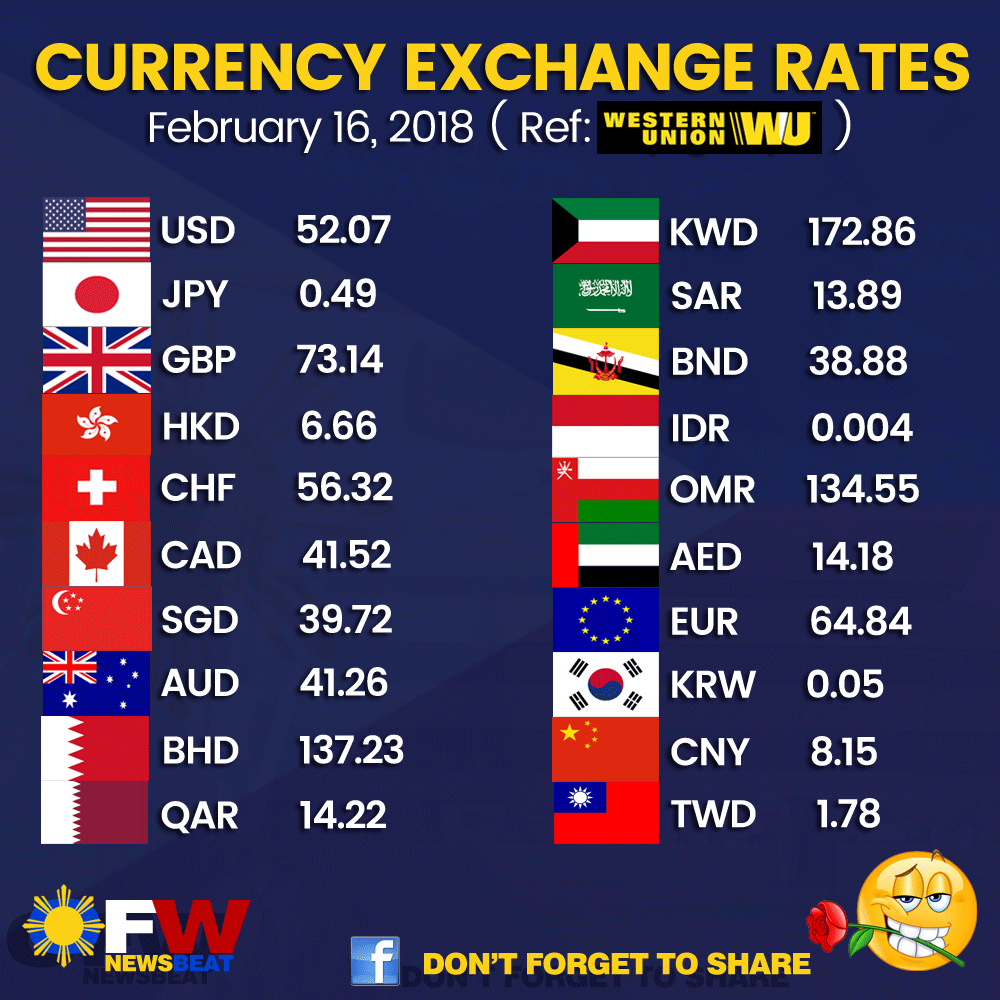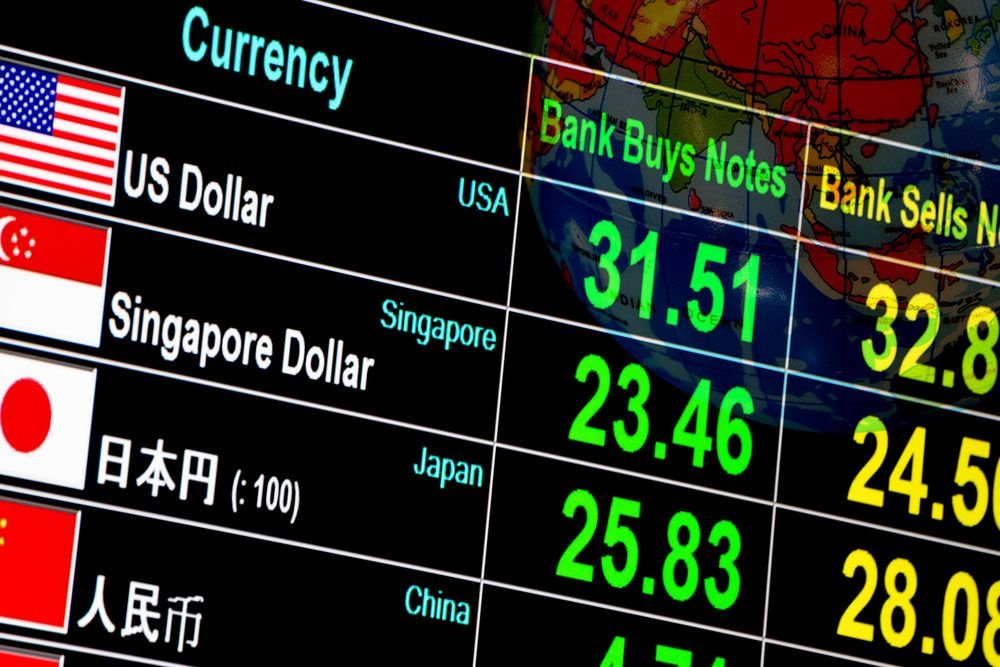Navigating the World of Currency Exchange: A Comprehensive Guide
Here at Analytixon.com, we understand that currency exchange is a fundamental aspect of international travel, global trade, and cross-border investment. Whether you’re planning a vacation abroad, managing a multinational corporation, or simply sending money to family overseas, understanding the dynamics of currency exchange is essential for making informed financial decisions. This comprehensive guide will delve into the intricacies of currency exchange, covering key concepts, practical tips, and potential pitfalls to help you navigate this complex landscape with confidence.
Understanding the Basics
At its core, currency exchange is the process of converting one nation’s currency into another. This conversion is driven by the foreign exchange (forex) market, a decentralized global marketplace where currencies are traded around the clock. The price at which one currency can be exchanged for another is known as the exchange rate.
Exchange rates are influenced by a multitude of factors, including:
- Economic Indicators: Gross domestic product (GDP), inflation rates, unemployment figures, and trade balances all play a significant role in determining a currency’s value.
- Interest Rates: Higher interest rates tend to attract foreign investment, increasing demand for a currency and potentially strengthening its value.
- Political Stability: Political uncertainty or instability can erode investor confidence, leading to a decline in a currency’s value.
- Market Sentiment: Speculation and investor expectations can also drive currency fluctuations, sometimes leading to short-term volatility.
- Government Policies: Central bank interventions, fiscal policies, and trade agreements can all impact exchange rates.
Types of Exchange Rates
Exchange rates can be categorized into two primary types:
- Fixed Exchange Rates: Under a fixed exchange rate system, a country’s currency is pegged to another currency or to a basket of currencies. This provides stability and predictability but limits a country’s monetary policy flexibility.
- Floating Exchange Rates: In a floating exchange rate system, a currency’s value is determined by market forces of supply and demand. This allows for greater flexibility but can also lead to volatility.
- Managed Float: Some countries use a managed float system, where the exchange rate is primarily determined by market forces, but the central bank intervenes periodically to moderate fluctuations.
Where to Exchange Currency
There are several options for exchanging currency, each with its own advantages and disadvantages:
- Banks: Banks typically offer competitive exchange rates and are a safe and reliable option. However, they may charge transaction fees and have limited hours of operation.
- Currency Exchange Bureaus: These specialized businesses can be found in airports, tourist areas, and shopping malls. They often offer convenient hours and locations but may charge higher fees and less favorable exchange rates.
- Online Currency Exchange Platforms: Online platforms offer the convenience of exchanging currency from your computer or mobile device. They often provide competitive exchange rates and lower fees than traditional options.
- Credit and Debit Cards: Using credit or debit cards for purchases abroad can be convenient, but it’s important to be aware of foreign transaction fees and exchange rates.
- ATMs: Withdrawing cash from ATMs in foreign countries can be a convenient option, but be mindful of ATM fees and exchange rates.
Tips for Getting the Best Exchange Rates
- Shop Around: Compare exchange rates from different providers before making a transaction.
- Avoid Airport and Hotel Exchanges: These locations typically offer the least favorable exchange rates.
- Consider Online Platforms: Online currency exchange platforms often provide competitive rates and lower fees.
- Be Aware of Fees: Factor in all fees, including transaction fees, service charges, and ATM fees.
- Check Exchange Rates Regularly: Exchange rates can fluctuate rapidly, so it’s important to stay informed.
- Use a Credit Card with No Foreign Transaction Fees: If you plan to use a credit card for purchases abroad, choose one that doesn’t charge foreign transaction fees.
- Withdraw Cash from ATMs Strategically: If you need cash, withdraw larger amounts to minimize ATM fees.
- Negotiate: If you’re exchanging a large sum of money, try to negotiate a better exchange rate.
- Plan Ahead: Don’t wait until the last minute to exchange currency. Exchange rates can fluctuate, so it’s best to plan ahead.
- Consider Using a Currency Converter App: These apps can help you track exchange rates and convert currencies quickly and easily.
Potential Pitfalls to Avoid
- Hidden Fees: Be wary of hidden fees, such as service charges, commissions, and ATM fees.
- Unfavorable Exchange Rates: Some providers may offer exchange rates that are significantly less favorable than the market rate.
- Counterfeit Currency: Be cautious when exchanging currency with unfamiliar or untrustworthy sources.
- Scams: Be aware of currency exchange scams, such as fake exchange bureaus or online scams.
- Volatility: Exchange rates can fluctuate rapidly, so be prepared for potential losses if you’re holding a large amount of foreign currency.
Currency Exchange for Businesses
For businesses engaged in international trade, currency exchange is a critical aspect of financial management. Managing currency risk is essential for protecting profits and maintaining competitiveness.
- Hedging Strategies: Businesses can use hedging strategies, such as forward contracts and options, to mitigate currency risk.
- Currency Accounts: Holding accounts in multiple currencies can help businesses reduce transaction costs and manage currency fluctuations.
- Expert Advice: Seeking advice from currency exchange specialists can help businesses develop effective currency management strategies.
The Future of Currency Exchange
The currency exchange landscape is constantly evolving, driven by technological advancements and changing global economic conditions.
- Digital Currencies: The rise of digital currencies like Bitcoin and Ethereum has the potential to disrupt the traditional currency exchange market.
- Blockchain Technology: Blockchain technology can streamline currency exchange processes, reducing transaction costs and increasing transparency.
- Mobile Payment Solutions: Mobile payment solutions are making it easier and more convenient to exchange currency and make cross-border payments.
Conclusion
Currency exchange is a complex but essential aspect of international finance. By understanding the key concepts, following practical tips, and avoiding potential pitfalls, you can navigate the world of currency exchange with confidence. Whether you’re a traveler, a business owner, or an investor, mastering the art of currency exchange can help you save money, manage risk, and achieve your financial goals. Remember to stay informed, shop around, and seek expert advice when needed.









